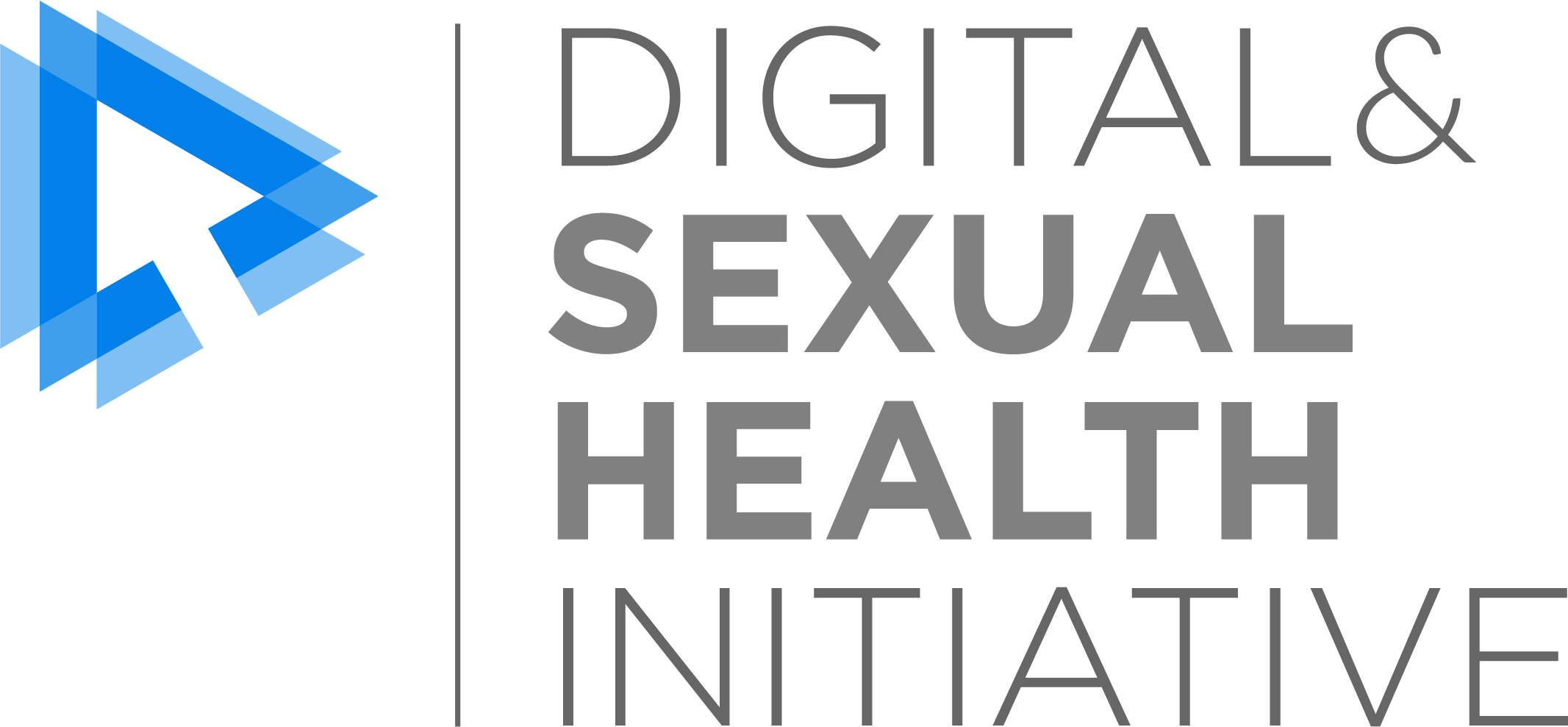Adapting Digital Competencies & Training for Canada’s Public Health Workforce: Canadian Public Health Practitioners’ Perspective.
Research theme(s)
Digital Health
Swathi Ramachandran1, Hsiu-Ju Chang1, Geoffrey McKee1,2, Andre Kushniruk3, Francisco Ibáñez-Carrasco4, Catherine Worthington5, Hugh Davies2, Adalsteinn Brown4, Mark Gilbert1,2, Ihoghosa Iyamu1,2
1British Columbia Centre for Disease Control; 2School of Population and Public Health, University of British Columbia; 3School of Health Information Science, University of Victoria; 4Dalla Lana School of Public Health, University of Toronto; 5School of Public Health and Social Policy, University of Victoria.
BCCDC Research Week 2024, Oct 28-Nov 1, 2024, Vancouver, BC, Canada
Related knowledge products
- Knowledge mobilization workshop – Fostering workforce capacity to maximize opportunities for the digital transformation of public health in Canada – link
-
The digital transformation of public health requires new competencies, training models and multidisciplinary partnerships – link
- Digital Competencies and Training Approaches to Enhance the Capacity of Practitioners to Support the Digital Transformation of Public Health: Rapid Review of Current Recommendations – link
- The digital transformation of public health requires new competencies, training models and multidisciplinary partnerships – link
- Digital Public Health seminar series – link
- What training and competencies are required for public health practitioners to support the digital transformation of public health? A rapid review – link
Background: Widespread digital transformation necessitates developing digital competencies for public health practice, as shortcomings were highlighted during the COVID-19 pandemic in workforce’s capacity to leverage digital technologies for public health while operationalizing fundamental public health principles of ethical propriety, social justice and health equity. We explored public health practitioners’ experiences and perspectives on adapting digital competencies and training recommendations for Canada.
Methods: Between November and December 2023, we conducted four focus group discussions with 19 public health practitioners in regional and federal health authorities across Canada, with at least 3 years’ experience in current roles and experience using digital technologies in practice. We explored practitioners’ experiences using digital technologies and sought their opinions on how digital competency recommendations previously identified could be adapted to Canada’s context. We analyzed verbatim transcripts using reflexive thematic analysis.
Results: We identified three main themes: a) public health systems must evolve to support new digital competencies; b) strengthen the basics before extending towards digital competencies; and c) focus on building general digital competencies with options for specialization where necessary. Findings emphasized matching workforce competencies to public health system capabilities and meaningfully integrating digital competencies within existing curricula. Such integration can consider how digital technologies change public health practice to deepen knowledge of public health while broadening knowledge of digital disciplines. Findings demonstrated roles for specialized programs as resources for learning within health systems and emphasized hands-on real-world training approaches.
Conclusion: We need integrated, systems-focused approaches to digital competencies cutting across the current public health curriculum, while creating space for specialized digital public health competencies and roles. Further research is needed to understand faculty perspectives on how digital competencies can be enacted in practice.
